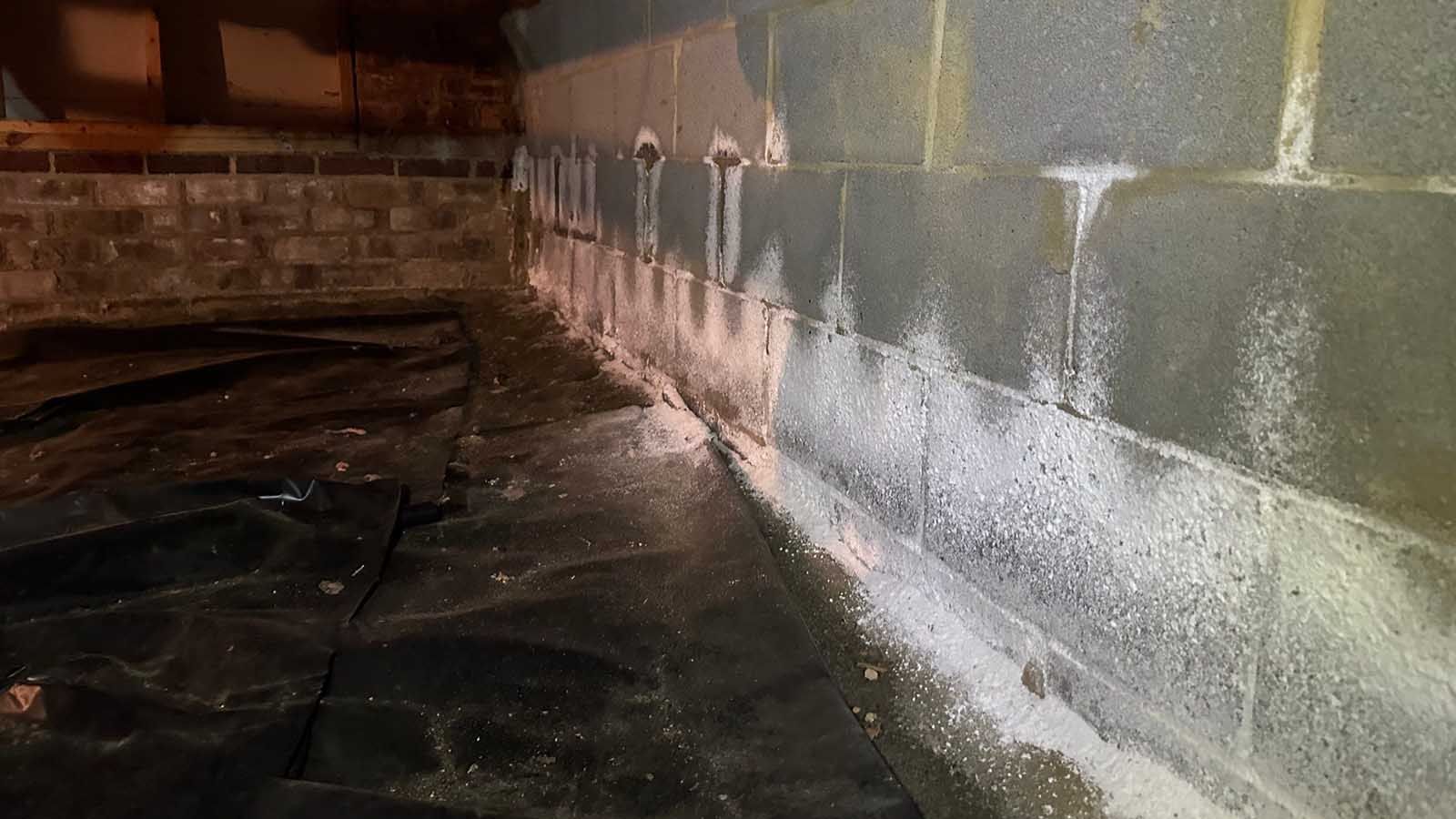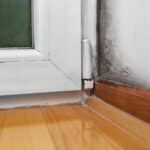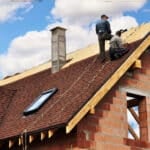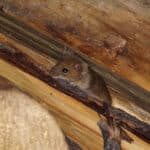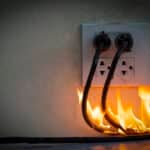Welcome to the Tennessee Inspection Services blog, your go-to source for insightful home maintenance tips and solutions. In this article, we’ll delve into the world of efflorescence, uncovering its causes, potential problems, and effective prevention strategies. As a trusted authority in home inspections, we’re here to shed light on this often-overlooked issue and help you safeguard your property. Discover how understanding efflorescence can lead to a healthier, more resilient home.
What is Efflorescence?
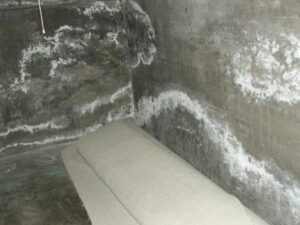
Efflorescence: a term that might sound unfamiliar but can have a significant impact on your home. It refers to the formation of unsightly white deposits on surfaces like masonry and concrete. These deposits consist of salts, such as calcium, magnesium, and potassium, brought to the surface by water. When the water evaporates, the salts remain, leaving behind a telltale white, powdery residue.
Unveiling the Causes
To tackle efflorescence head-on, it’s crucial to comprehend its underlying causes:
- Water Intrusion: The intrusion of water from various sources – rain, groundwater, or plumbing leaks – can carry soluble salts to the surface. As the water evaporates, these salts crystallize, leading to efflorescence.
- Poor Drainage: Inadequate drainage systems or clogs can trap water near your home’s exterior, providing the ideal conditions for efflorescence to thrive.
- Material Composition: The quality and composition of the materials used in construction play a role. Subpar concrete or masonry can harbor more soluble salts, increasing the likelihood of efflorescence.
- Climate Factors: Fluctuations in humidity and temperature can cause moisture movement within porous materials, pushing salts to the surface over time.
Understanding the Impact
Beyond its surface appearance, efflorescence can signify more profound issues:
- Aesthetic Downfall: Those white deposits can diminish your home’s aesthetic appeal, leaving an undesirable mark on both interior and exterior surfaces.
- Structural Vulnerability: Efflorescence often points to moisture-related problems within walls. Prolonged moisture exposure can weaken masonry and concrete, leading to cracks and deterioration.
- Mold and Health Risks: Excess moisture from efflorescence can foster mold and mildew growth, impacting indoor air quality and potentially causing health problems for occupants.
- Energy Inefficiency: Moisture infiltration compromises insulation, resulting in energy loss and higher utility bills over time.
Effective Efflorescence Management
Take proactive measures to manage efflorescence and prevent future occurrences:
- Efficient Drainage: Optimize your property’s drainage systems to redirect water away from your home’s foundation.
- Waterproofing Solutions: Apply a reliable waterproof sealant to exterior surfaces to deter water infiltration and efflorescence formation.
- Quality Construction: Prioritize high-quality materials and adhere to proper mixing and curing practices during construction or renovation projects.
- Smart Ventilation: Ensure adequate ventilation in moisture-prone areas like basements and bathrooms to reduce moisture buildup.
- Professional Inspections: Regular inspections by experienced professionals, such as Tennessee Inspection Services, can catch efflorescence and related issues early, facilitating timely remedies.
Conclusion
Efflorescence might start as an innocuous issue, but it can indicate more substantial underlying problems. Armed with knowledge about its causes, potential consequences, and effective prevention methods, you can fortify your home against this pesky intruder. When in doubt, reach out to the experts at Tennessee Inspection Services for a thorough evaluation and expert guidance. Your home’s health and longevity are our top priorities, and we’re here to ensure they’re upheld.

